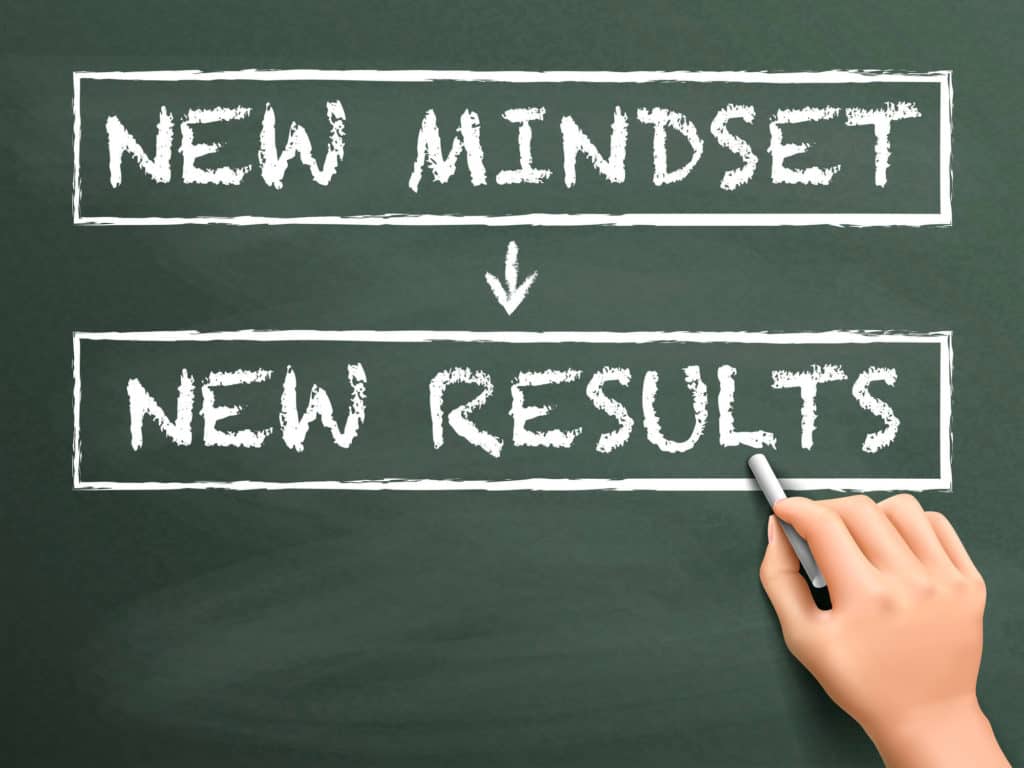

Developing a mindset for learning mathematical modeling involves adopting certain attitudes, practices, and perspectives that can enhance your ability to understand and apply mathematical concepts effectively. Here are some key aspects to consider:
*Curiosity and Inquiry
*Practical Application
*Iterative Learning
*Tool Proficiency
*Critical Thinking
Lifelong Learning
By cultivating these attitudes and skills, you can develop a robust mindset for learning and applying mathematical modeling effectively.

Your information will never be shared with any third party
Thanks for sharing. I read many of your blog posts, cool, your blog is very good. https://www.binance.com/join?ref=P9L9FQKY
**mindvault**
mindvault is a premium cognitive support formula created for adults 45+. It’s thoughtfully designed to help maintain clear thinking
**mitolyn**
mitolyn a nature-inspired supplement crafted to elevate metabolic activity and support sustainable weight management.
**zencortex**
zencortex contains only the natural ingredients that are effective in supporting incredible hearing naturally.
**prodentim**
prodentim an advanced probiotic formulation designed to support exceptional oral hygiene while fortifying teeth and gums.
**vittaburn**
vittaburn is a liquid dietary supplement formulated to support healthy weight reduction by increasing metabolic rate, reducing hunger, and promoting fat loss.
**yu sleep**
yusleep is a gentle, nano-enhanced nightly blend designed to help you drift off quickly, stay asleep longer, and wake feeling clear.
**synaptigen**
synaptigen is a next-generation brain support supplement that blends natural nootropics, adaptogens
**nitric boost**
nitric boost is a dietary formula crafted to enhance vitality and promote overall well-being.
**glucore**
glucore is a nutritional supplement that is given to patients daily to assist in maintaining healthy blood sugar and metabolic rates.
**wildgut**
wildgutis a precision-crafted nutritional blend designed to nurture your dog’s digestive tract.
**pineal xt**
pinealxt is a revolutionary supplement that promotes proper pineal gland function and energy levels to support healthy body function.
**energeia**
energeia is the first and only recipe that targets the root cause of stubborn belly fat and Deadly visceral fat.
**boostaro**
boostaro is a specially crafted dietary supplement for men who want to elevate their overall health and vitality.
**prostabliss**
prostabliss is a carefully developed dietary formula aimed at nurturing prostate vitality and improving urinary comfort.
**breathe**
breathe is a plant-powered tincture crafted to promote lung performance and enhance your breathing quality.
**potentstream**
potentstream is engineered to promote prostate well-being by counteracting the residue that can build up from hard-water minerals within the urinary tract.
Great post, you have pointed out some fantastic points, I too conceive this is a very great website.
Wow! This blog looks just like my old one! It’s on a entirely different subject but it has pretty much the same page layout and design. Great choice of colors!
I’ll right away grab your rss feed as I can not find your e-mail subscription link or newsletter service. Do you’ve any? Kindly let me realize in order that I could subscribe. Thanks.
I am sure this piece of writing has touched all the internet viewers, its really really fastidious post on building up new web site.
Your point of view caught my eye and was very interesting. Thanks. I have a question for you.
Greetings! Very useful advice within this post! It is the little changes that make the largest changes. Thanks a lot for sharing!
Ahaa, its good dialogue about this paragraph here at this webpage, I have read all that, so at this time me also commenting at this place.
Hi, I do think this is an excellent website. I stumbledupon it 😉 I may come back yet again since i have bookmarked it. Money and freedom is the greatest way to change, may you be rich and continue to help other people.
HQD Cuvie Ultimate Flavors offer expertly crafted taste, combining rich fruit essences with smooth vapor production, producing aromatic clouds and consistent, satisfying performance for flavor-focused vapers.
I visited several web sites however the audio quality for audio songs present at this web page is actually marvelous.
I enjoy what you guys tend to be up too. This sort of clever work and reporting! Keep up the amazing works guys I’ve included you guys to my blogroll.
Ahaa, its good dialogue about this article here at this web site, I have read all that, so now me also commenting here.
I’m not sure why but this website is loading extremely slow for me. Is anyone else having this issue or is it a problem on my end? I’ll check back later on and see if the problem still exists.
Hi, Neat post. There’s a problem together with your web site in web explorer, might test this? IE still is the marketplace chief and a huge part of folks will miss your excellent writing because of this problem.
Spot on with this write-up, I absolutely feel this site needs far more attention. I’ll probably be back again to read through more, thanks for the info!
I am sure this post has touched all the internet users, its really really pleasant post on building up new website.
Wonderful blog! I found it while browsing on Yahoo News. Do you have any suggestions on how to get listed in Yahoo News? I’ve been trying for a while but I never seem to get there! Thanks
Ahaa, its nice discussion concerning this post at this place at this webpage, I have read all that, so now me also commenting at this place.
Wow! This can be one particular of the most helpful blogs We have ever arrive across on this subject. Basically Great. I’m also a specialist in this topic therefore I can understand your hard work.
I dugg some of you post as I thought they were very beneficial handy.